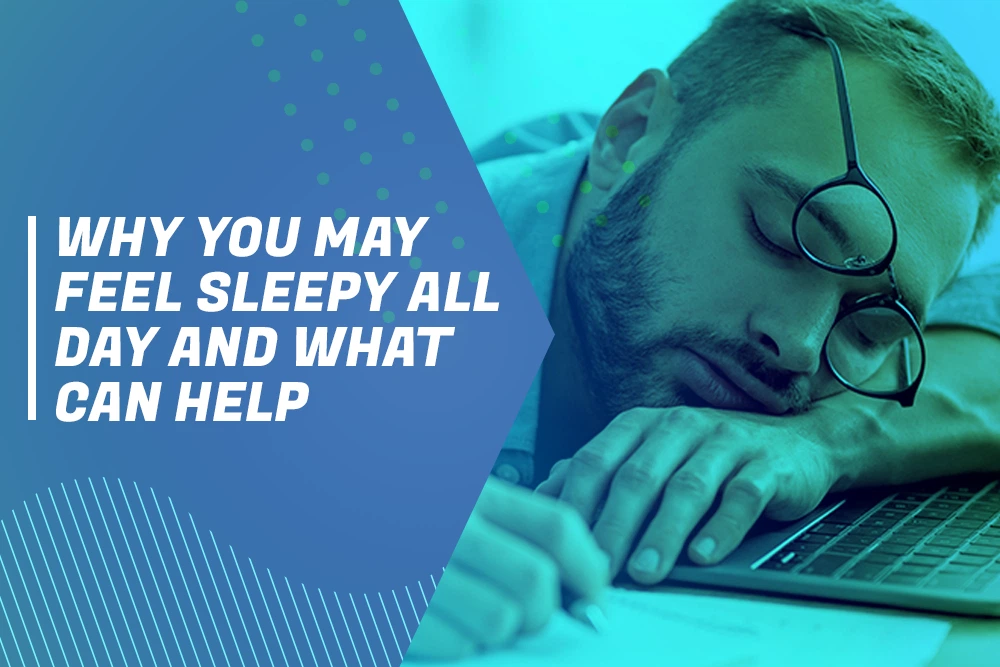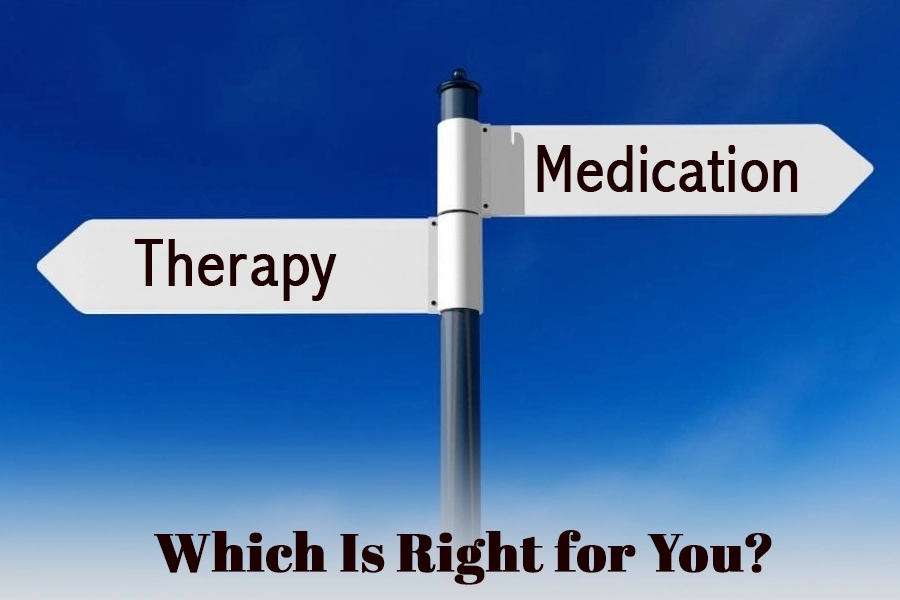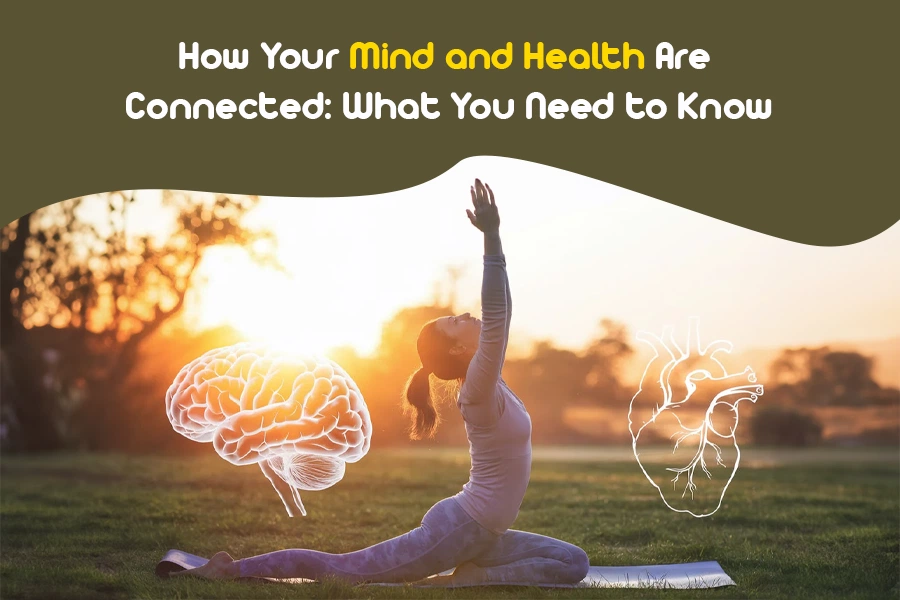At some point, we’ve all been there: sitting in front of a task but not being able to focus, reading the same sentence over and over, or feeling like our brain is moving too slowly. It’s easy to brush off these times as “just being tired” or “having a lot on your mind,” but if you can’t focus for a long time, it could be a sign of something more serious.
It’s not just interesting to know why our brains sometimes feel foggy or slow; it’s also important for our health, productivity, and quality of life in general. Let’s talk about the science behind this mental slowdown in a way that’s easy to understand.
Why Concentration Matters More Than You Think
Your brain’s ability to focus on one thing and ignore other things is called concentration. It’s what lets you read a book without falling asleep, have deep conversations, or finish your work on time.
Everything seems harder when you can’t focus. You make more mistakes, it takes longer to finish tasks, and your brain gets tired faster. Over time, this can hurt your work, your relationships, and even your self-esteem.
Common Poor Concentration Causes
Many things can make it hard for your brain to focus. Some problems are short-term, like being tired after a night without sleep, while others are long-term and need more attention.
Here are some of the most common reasons for not being able to focus:
- Not getting enough sleep: Your brain processes memories and gets rid of waste while you sleep. If you don’t get enough sleep, your ability to think, react, and focus all gets worse.
- Stress and Anxiety: Always worrying takes up mental space, which makes it harder to think clearly.
- Lack of nutrients: Low levels of vitamins B12, omega-3 fatty acids, and iron can make the brain work less well.
- Medical Conditions: Problems with the thyroid, depression, and ADHD can all make it hard to pay attention.
- Habits of Life: Mental fatigue can be caused by spending too much time in front of a screen, eating poorly, or not drinking enough water.
Brain Fog: When Thinking Feels Cloudy
Brain fog is when you feel mentally “cloudy” or can’t think clearly. This isn’t a medical term; it’s just a way for people to talk about a group of symptoms that include forgetfulness, confusion, and slow thinking.
The most common types of brain fog are:
- Chronic illness or a bad diet can cause inflammation in the body.
- Changes in hormones, like menopause or low testosterone.
- Side effects of drugs that change the way the brain works.
- When blood doesn’t flow well to the brain, brain cells don’t get enough oxygen.
Brain fog can last for hours or days, but if it happens a lot, it’s a sign that you need to change something about your sleep, diet, or stress levels.
Mental Slowdown and Cognitive Decline
It’s normal to forget things from time to time, but if you have ongoing problems with memory, problem-solving, or decision-making, you may be showing early signs of cognitive decline.
Some of these symptoms are:
- Having trouble remembering things that happened or were said recently.
- Having trouble understanding what people say or do.
- Having trouble doing more than one thing at once or switching between tasks.
- When you solve problems, it takes longer for your brain to process information.
Cognitive decline is more common as people get older, but it doesn’t always have to do with getting older. Certain medications, chronic illnesses, and lifestyle choices can also have an effect. The good news is that in many cases, dealing with the underlying causes can make mental slowdown better or even stop it from happening.
How the Brain Works When You Focus
It helps to know what’s going on in your brain when you’re concentrating to understand why it stops working. The prefrontal cortex (for making decisions), the parietal lobes (for being aware of space), and the hippocampus (for memory) are all parts of your brain that help you pay attention.
Neurotransmitters are chemicals that send messages between these areas. Your focus will suffer if anything gets in the way of this process, like not getting enough oxygen, having low energy, or having chemical imbalances.
Blood Flow and Brain Performance
Your brain needs a steady supply of oxygen and nutrients to work well, just like your muscles do. Poor circulation can cut off the fuel that brain cells need, which can make you tired, slow your reaction time, and make you forget things.
Some health problems, like diabetes or high blood pressure, can make it harder for blood to get to the brain. Over time, this can make it harder to focus and may also raise the risk of long-term cognitive problems.
The Role of Stress Hormones
When you’re stressed, your body makes cortisol, which is also known as the “stress hormone.” Cortisol keeps you awake for short periods. But when stress lasts for a long time, high cortisol levels can hurt brain cells, especially in areas that are important for memory and focus.
People who are under a lot of stress often say they forget things, get distracted easily, and feel mentally drained. Mindfulness, deep breathing, or even short breaks can help you deal with stress and keep your brain safe from these effects.
How Certain Medications Affect Concentration
Some drugs can make it harder to focus or slow down your brain. For instance, some painkillers, sedatives, and antihistamines can make you sleepy or confused.
It is interesting that some prescription drugs, like Walkert 150 tablets, are meant to treat certain neurological problems. However, any drug that changes the chemistry of the brain can make it harder to focus. That’s why you should talk to your doctor about any changes in how clear your mind is when you start or change your medication.
Improving Mental Sharpness Naturally
While concentration problems can have many causes, there are several science-backed ways to keep your mind sharp:
- Prioritize Sleep – Aim for 7–9 hours of quality sleep each night.
- Eat Brain-Boosting Foods – Include fatty fish, leafy greens, nuts, and berries in your diet.
- Stay Hydrated – Even mild dehydration can affect focus and mood.
- Exercise Regularly – Physical activity improves blood flow and oxygen delivery to the brain.
- Limit Screen Time – Too much scrolling can reduce attention span and mental energy.
- Challenge Your Brain – Puzzles, reading, and learning new skills keep neural connections strong.
When to Seek Help
If concentration issues are affecting your daily life and not improving with lifestyle changes, it’s worth seeing a healthcare provider. They can run tests to check for nutrient deficiencies, hormonal imbalances, or underlying medical conditions.
Catching the problem early can make a big difference, both in your mental performance and long-term brain health.
Final Thoughts
Poor concentration and mental slowdown aren’t just annoyances—they can be signs that your brain and body need attention. Whether it’s stress, lack of sleep, medical conditions, or brain fog, the good news is that there’s almost always something you can do to improve mental clarity.
By understanding poor concentration and recognizing early cognitive decline symptoms, you can take steps to protect your brain and keep it working at its best for years to come.
Your mind is like a muscle—the more you care for it, the stronger and sharper it becomes.
Frequently Asked Questions
- What are the most common causes of poor concentration?
Poor concentration can be caused by a lack of sleep, high stress levels, nutritional deficiencies, medical conditions like depression or ADHD, and lifestyle habits such as excessive screen time or poor diet.
- What is brain fog, and how is it different from cognitive decline?
Brain fog is a temporary feeling of mental cloudiness, confusion, or slowed thinking, often caused by stress, illness, or poor lifestyle habits. Cognitive decline refers to a more long-term reduction in memory, problem-solving, and decision-making abilities.
- Can poor blood circulation affect mental performance?
Yes. The brain relies on steady blood flow for oxygen and nutrients. Poor circulation can cause mental fatigue, slower thinking, and memory problems over time.
- How can I improve my focus naturally?
Getting enough sleep, eating a balanced diet, staying hydrated, exercising regularly, and reducing stress are some of the most effective ways to improve focus without medication.
- Should I see a doctor if I notice frequent concentration problems?
Yes, especially if the problem is persistent or accompanied by other symptoms like memory loss, confusion, or sudden mood changes. A doctor can help find and treat the underlying cause.








Leave a Reply